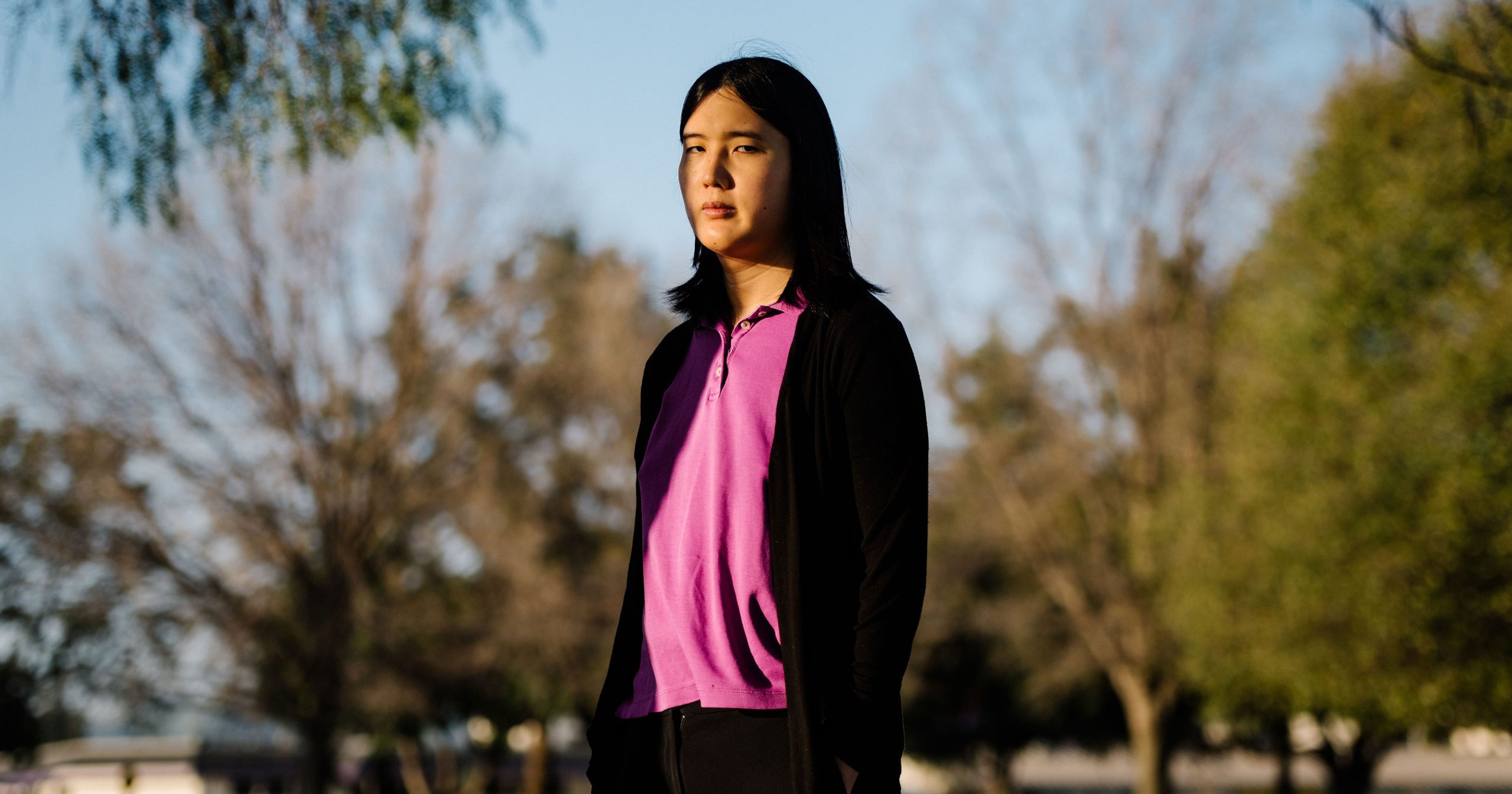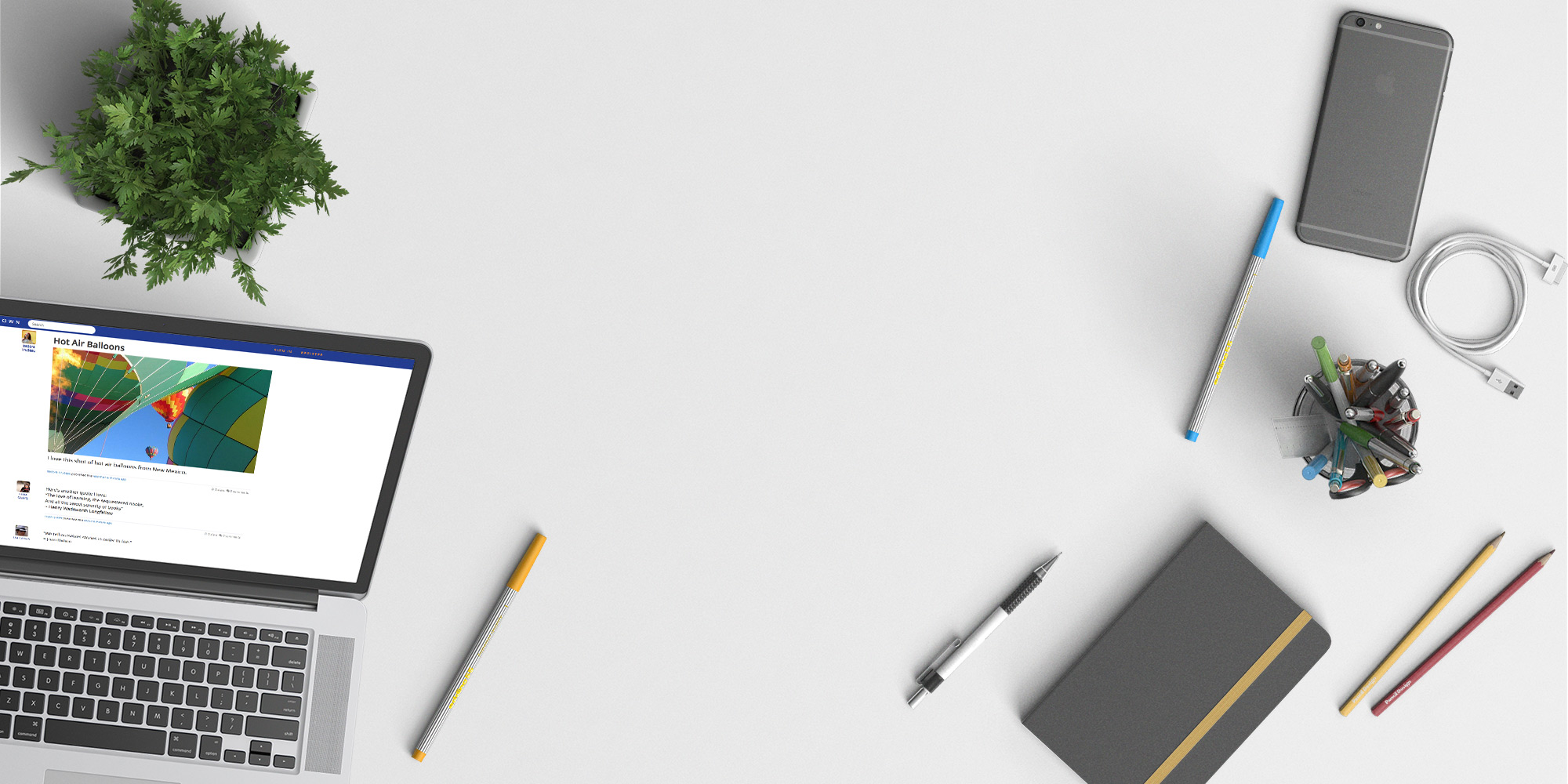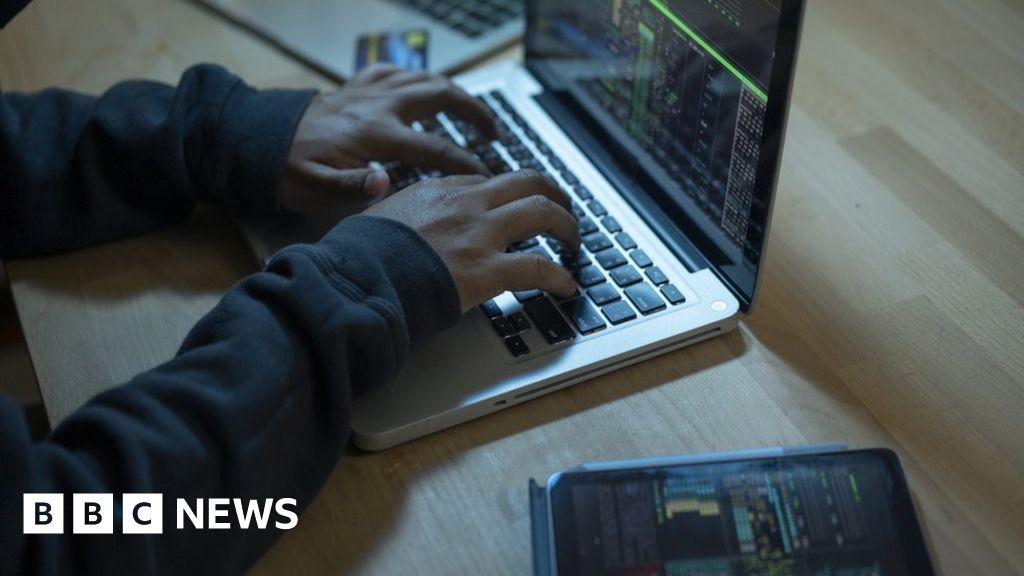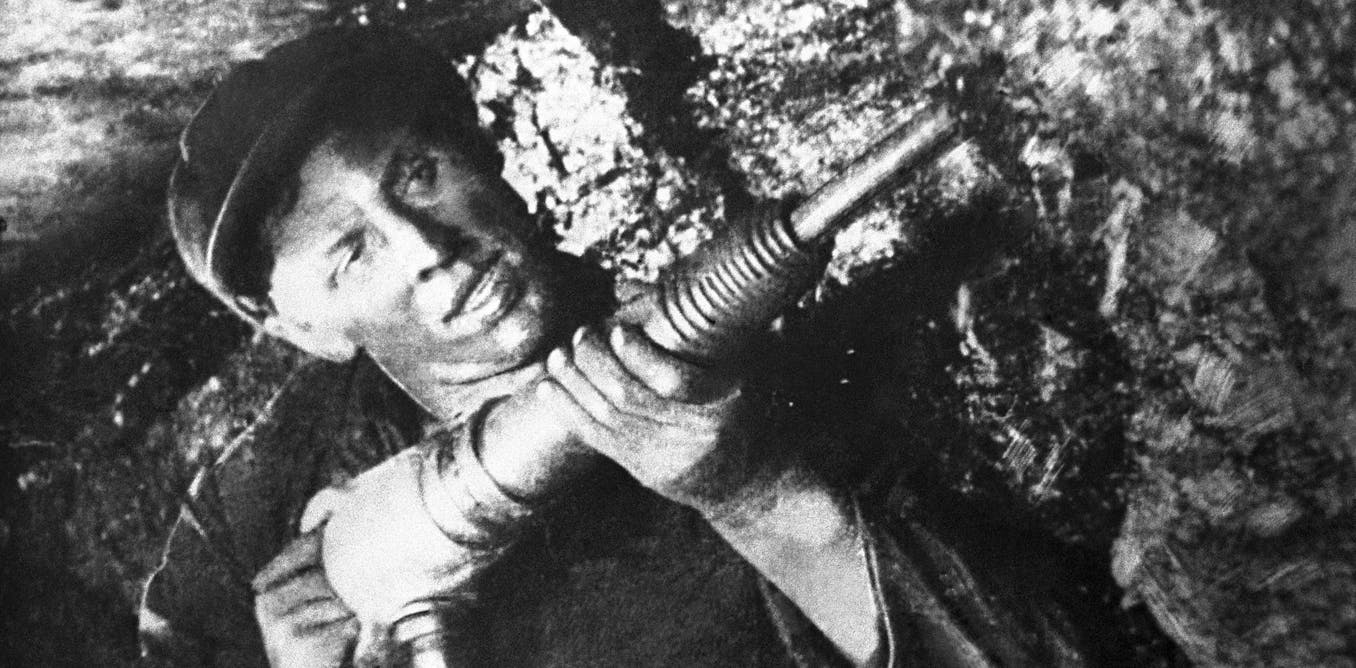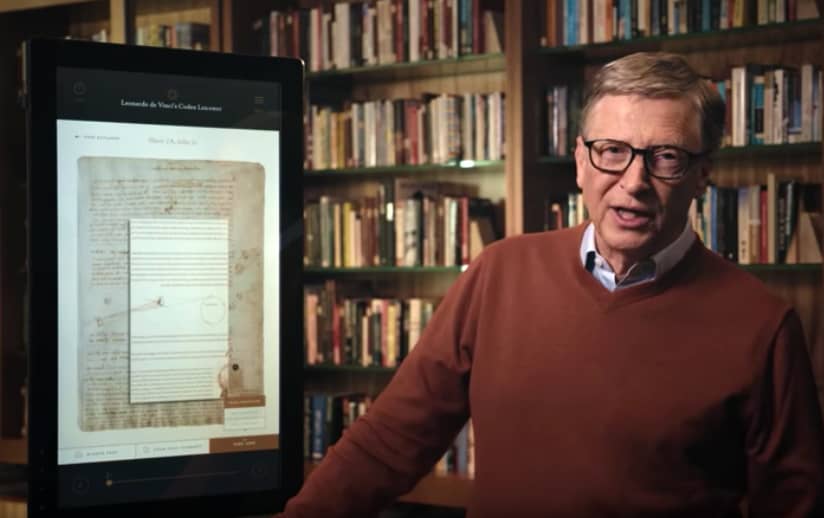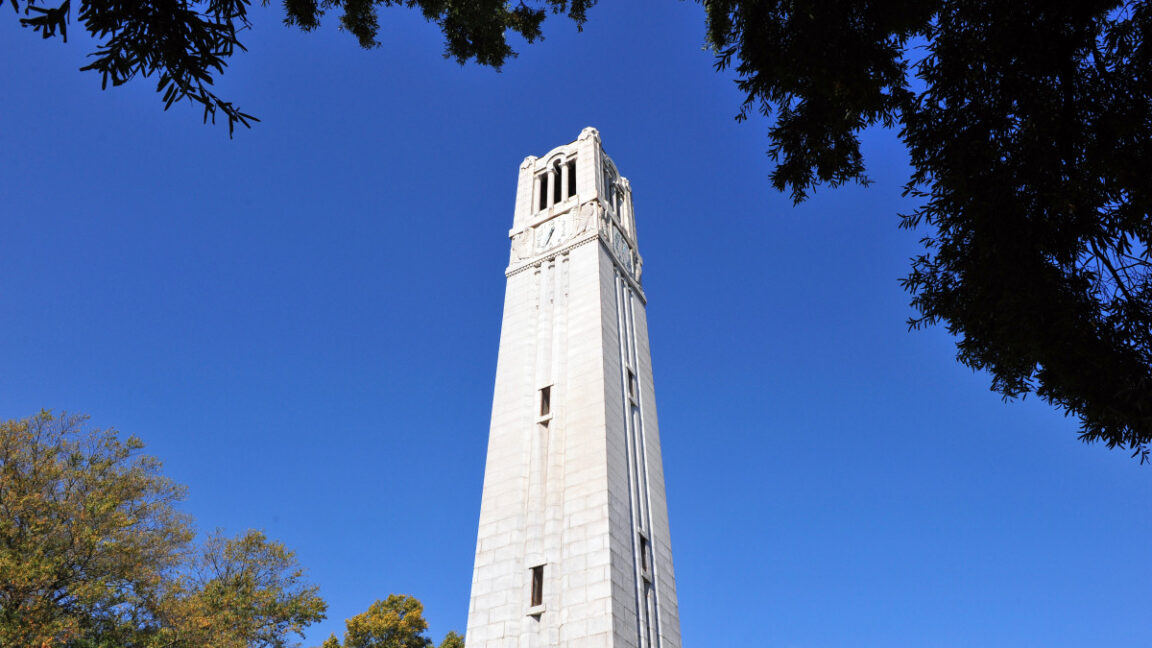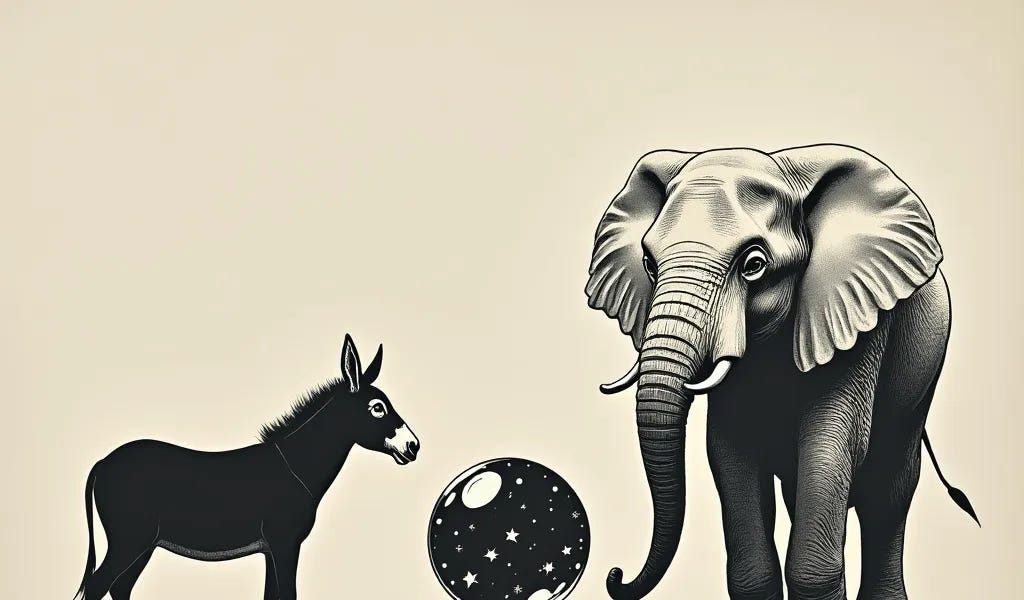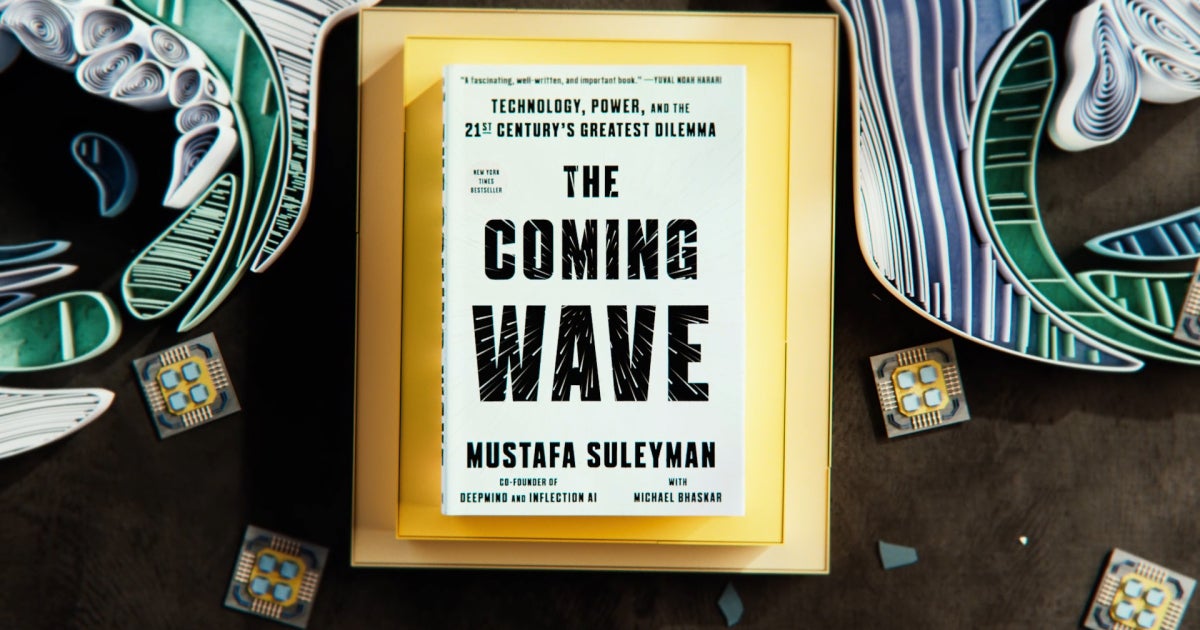
Q. How do I create a Gates Notes account?
Kakenya Ntaiya’s story is a powerful example of how one person’s act of bravery can spark dramatic change not only in their own life but also in hundreds of other lives.
When people ask me about artificial intelligence, their questions often boil down to this: What should I be worried about, and how worried should I be? For the past year, I've responded by telling them to read The Coming Wave by Mustafa Suleyman. It’s the book I recommend more than any other on AI—to heads of state, business leaders, and anyone else who asks—because it offers something rare: a clear-eyed view of both the extraordinary opportunities and genuine risks ahead.
The author, Mustafa Suleyman, brings a unique perspective to the topic. After helping build DeepMind from a small startup into one of the most important AI companies of the past decade, he went on to found Inflection AI and now leads Microsoft’s AI division. But what makes this book special isn’t just Mustafa’s firsthand experience—it’s his deep understanding of scientific history and how technological revolutions unfold. He's a serious intellectual who can draw meaningful parallels across centuries of scientific advancement.
Most of the coverage of The Coming Wave has focused on what it has to say about artificial intelligence—which makes sense, given that it's one of the most important books on AI ever written. And there is probably no one as qualified as Mustafa to write it. He was there in 2016 when DeepMind’s AlphaGo beat the world’s top players of Go, a game far more complex than chess with 2,500 years of strategic thinking behind it, by making moves no one had ever thought of. In doing so, the AI-based computer program showed that machines could beat humans at our own game—literally—and gave Mustafa an early glimpse of what was coming.

